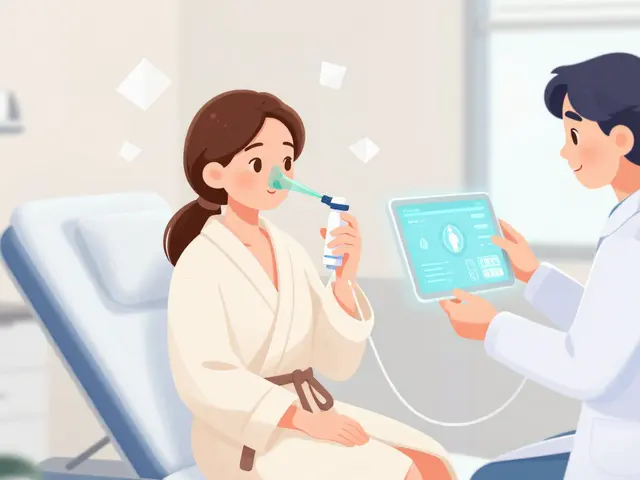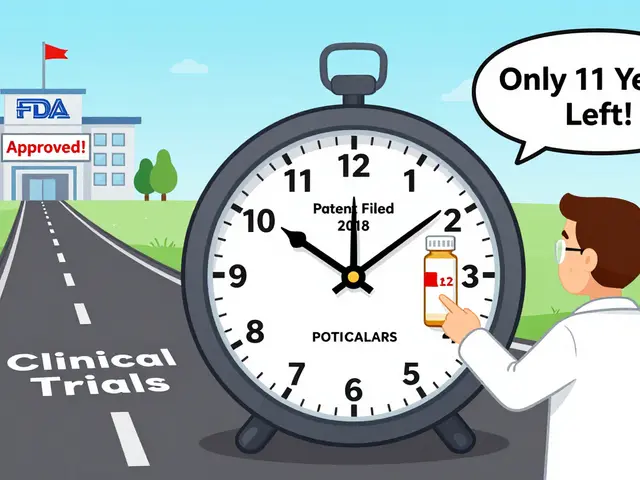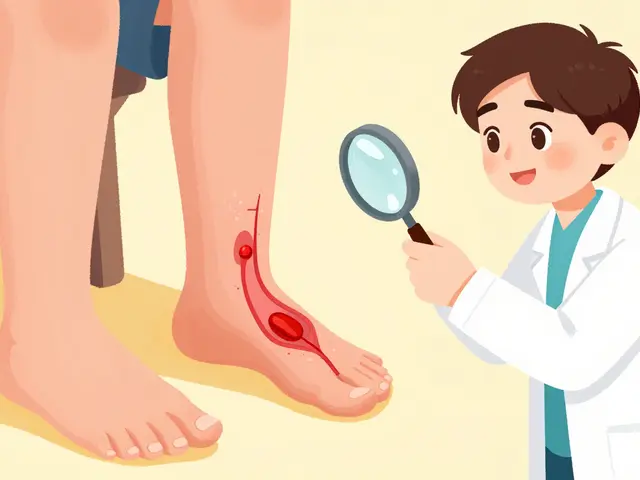Schizophrenia: Practical info, treatment options, and safer medication choices
Schizophrenia can feel confusing for the person living with it and for family members. It usually shows up as changes in thinking, mood, perception, or behavior — hearing voices, believing things others don’t, withdrawal, or trouble concentrating. That doesn’t mean someone is “lost”; with the right care many people live stable, meaningful lives.
This tag collects straight-to-the-point articles about medications, real risks, and alternatives. If you’re searching for options besides a current prescription, check our pieces like “9 Alternatives in 2025 to Risperidone” and “Top 9 Alternatives to Aripiprazole.” Those articles explain how other drugs work, common side effects, and what to ask your prescriber before switching.
Medications and switching safely
Antipsychotics are the main medicines used to treat psychosis. They help most people reduce hallucinations and delusions, but side effects vary — weight gain, drowsiness, movement problems, or metabolic changes. Don’t stop or swap medications on your own. If side effects are hurting daily life, write them down, make a list of priorities (sleep, weight, thinking), and talk with your psychiatrist about trade-offs.
When a clinician considers a change, they look at symptom control, side effects, and medical history. Some drugs suit people who struggle with sedation; others are better when weight is a concern. Our comparison guides give clear pros and cons so conversations with your doctor are practical, not vague. Ask about monitoring: blood tests, weight checks, and movement exams are standard and should happen regularly.
Daily tools, supports, and when to seek help
Small daily actions help big time. Keep a simple medication schedule, use a pill organizer, set phone reminders, and track mood or sleep in a notebook. Psychosocial supports — therapy, supported housing, job programs — improve outcomes beyond pills. Family education and peer support groups reduce isolation and make relapse signs easier to spot.
Watch for clear warning signs: sudden increase in hallucinations or paranoia, not sleeping for days, severe confusion, or thoughts of harming self or others. If these occur, call your clinician, crisis line, or emergency services right away. Safety first — fast action can prevent serious harm.
Want trustworthy info? We focus on practical details: how meds compare, real side-effect profiles, and safety tips for buying or switching medicines. Use our articles to prepare questions for your doctor, not to replace medical advice. If you need help finding a clinician or a local support group, start with your primary care provider or mental health charity and ask for referrals. You don’t have to manage this alone.
Explore the linked articles under this tag for in-depth guides on alternatives, side effects, and monitoring. They’re written to help you ask the right questions and make safer choices with your healthcare team.
Lamotrigine and Schizophrenia: Can It Improve Symptoms?
I recently came across some research regarding Lamotrigine, a medication commonly used for epilepsy and bipolar disorder, and its potential benefits for schizophrenia patients. Studies have shown that it may help improve the symptoms of schizophrenia when used in combination with antipsychotic medications. While more research is needed, these findings are quite promising for those who struggle with this mental health disorder. It's important for the medical community to continue exploring innovative treatment options like this. I'll be keeping an eye on further developments and sharing any new insights on my blog.
Read More





